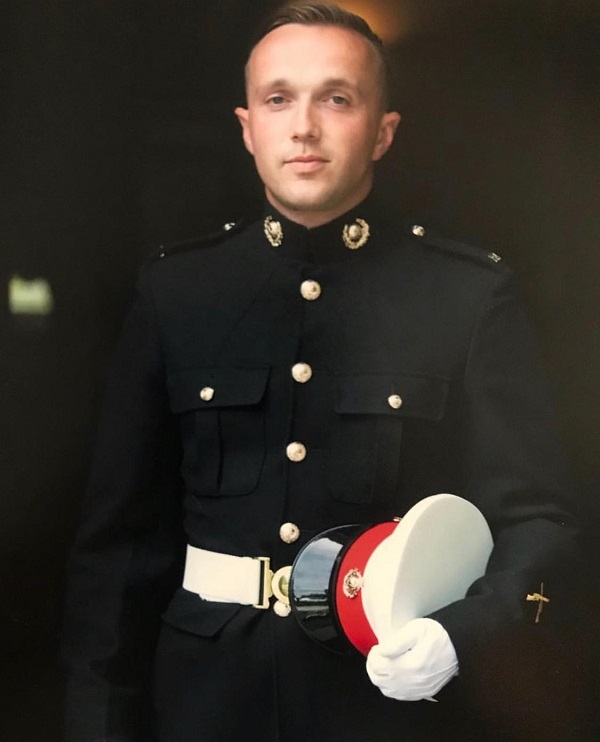We have secured more than £700,000 in compensation for a former Royal Marine, following an eight-day trial in the High Court. The former serviceman sustained noise induced hearing loss and tinnitus because he wasn’t provided with adequate hearing protection or training by the Ministry of Defence, a High Court judge has today ruled.

Mr Justice Johnson concluded that 34-year-old James Barry, from Nottingham, was forced to leave the Military after more than three years’ service due to the MoD’s negligence by failing to provide adequate and appropriate hearing protection and training. As a result, Mr Justice Johnson awarded James Barry £713,715 in compensation for his hearing loss and tinnitus and loss of career and pension.
During his time as a Royal Marine, James Barry was provided with yellow foam ear inserts, which he alleged were inadequate and unsuitable to use because they fell out and did not provide situational awareness. While he was sent on various exercises during his service, Mr Barry began noticing hearing problems after Exercise Black Alligator in Twenty Nine Palms in California, which lasted for around two and a half months. The hearing problems were acknowledged by the MoD in hearing tests, but they continued to send him on exercises and subject him to unprotected noise exposure.
Mr Barry was downgraded from his role by the MoD in May 2015, within a few months of Exercise Black Alligator. He was forced to leave the Royal Marines in February 2017 because of his hearing problems. Since his discharge, Mr Barry has worked in vehicle breakage and as a Lorry driver.



